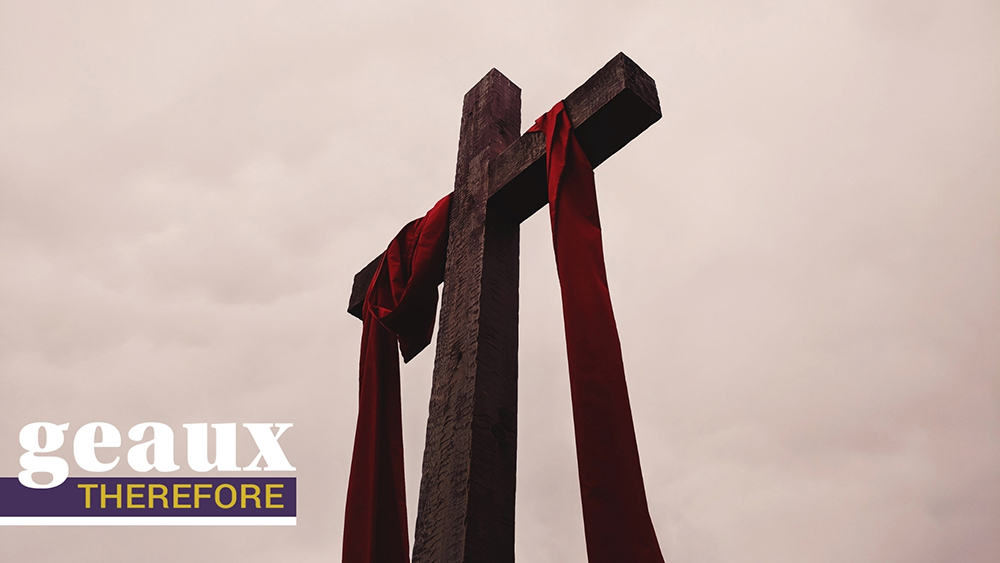
I heard someone recently dismiss the COVID pandemic by saying only .14 percent of the population has died.
Think about that. Assuming .14 percent is correct, that number would be an extremely small part of the population. To put it in terms of a 1500-calories-per-day diet, cheating by .14 percent would mean cheating by two calories, which amounts to a Tic Tac or a sugarless piece of gum.
In terms of dollars and cents … well, we can’t put it in terms of dollars and cents. No coin represents .14 percent of a dollar. If there were, it would take seven of those coins, plus some, to equal one penny.
Yet the COVID pandemic has rocked our world. The cost has been astronomical and it will be years before the final bill is tallied. Perhaps it is fair to say that each of us knows someone personally who died. Each death tears at our hearts and upends our lives.
Maybe an analogy, rather than a percentage, is better for understanding the scope and danger of a pandemic. That illustration would be sin.
Sin is like that. We think we are immune. The problem is, we are infected already.
A few years ago, the wildly popular TV series Breaking Bad told a fictional tale of a high school chemistry teacher who begins to “cook” meth after he learns he has terminal cancer. Walt, the meek, mild-mannered, kicked-around-by-others science teacher, “breaks bad” in order to provide for his family when he’s gone.
At every turn, Walt insists he is driven solely by love for his family. He justifies every move. Only in the end, when all is lost, does he admit the truth – he liked doing it.
Though unintentional on the producer’s part, the story is a powerful picture of sin, of how deceit begins and how it sweeps us away. Viewers feel what Walt feels, sense the adrenaline rush Walt relishes, are carried along with Walt even when it becomes clear that Walt is the source of his own problems. In other words, viewers realize they are capable of the same evil and deceit.
Sin is not something we “break” to, or fall into. Sin is part of who we are. As it has been said, we are not sinners because we sin; we sin because we are sinners.
Paul wrote, “For I know that nothing good dwells in me, that is, in my flesh. For I have the desire to do what is right, but not the ability to carry it out. For I do not do the good I want, but the evil I do not want is what I keep on doing.” [Romans 7:18-19, ESV] This tension drove Paul to call out, Who will rescue me from this flesh, this sin nature that is always with me?
Jesus’ sacrifice only makes sense when we realize how desperate we are until the Good Shepherd finds us. This is why forgiveness is so sweet, why the new life won by Christ for us brings such joy and such freedom.
We stand on equal ground at the foot of the cross, regardless of who we are or what we have done. It is why we celebrate at an empty tomb the One and Only, the Conquering King.
He defeated sin. He set us free from ourselves.
-
Marilyn Stewart is the Assistant Director for News and Information in the New Orleans Baptist Theological Seminary and Leavell College Office of Communications.